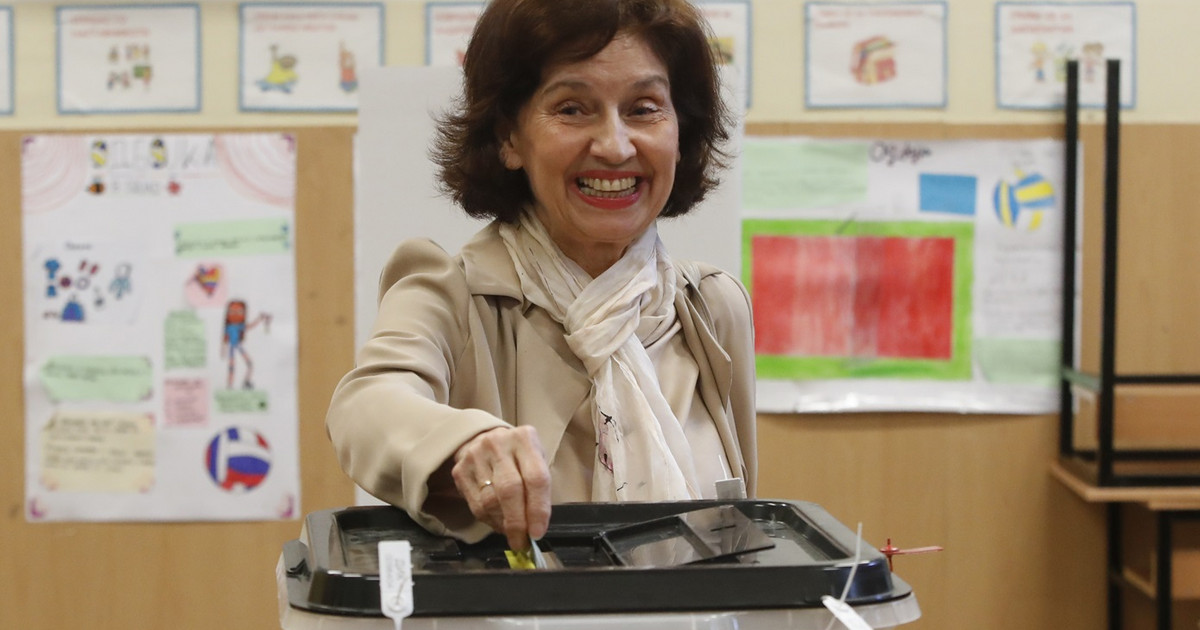The Brazilians Dom Paulo Cezar, Archbishop of Brasília, and Dom Leonardo Steiner, Archbishop of Manaus, took office as cardinals of the Catholic Church this Saturday (27). Religious in this group are key advisers to Pope Francis and Vatican administrators around the world.
They were chosen by the pontiff on May 29 and took office with 18 others in a ceremony known as a consistory. Both are under 80 years old, and could be part of the electoral college that will choose the next pope.
Francis, elected pontiff in 2013, chose 83 of the 132 cardinal electors, about 63% of the group.
Meet Dom Paulo Cezar Costa
Archbishop of Brasília, Dom Paulo Cezar Costa, 54, was born in the city of Valença, in Rio de Janeiro. He was ordained a priest in 1992 in the Diocese of Valença. He was parish priest, rector of the seminary and professor at the Pontifical Catholic University of Rio (PUC).
The religious holds a degree in theology from the Higher Institute of Theology of the Archdiocese of Rio de Janeiro (1991), a Master’s in Theology from the Pontifical Gregorian University (1998) and a PhD in Theology from the Pontifical Gregorian University (2001).
He was appointed Archbishop of Brasilia by Pope Francis in 2020, having taken office on the Solemnity of Our Lady of Guadalupe, on December 12.

About Dom Leonardo Ulrich Steiner
From the Order of Friars Minor congregation, Dom Leonardo Ulrich Steiner 71, was born in Forquilhinha, Santa Catarina.
The religious studied philosophy and theology at the Franciscans of Petrópolis. Graduated in philosophy and pedagogy at the Salesian College of Lorena, he was ordained a priest in 1978.
In 2019, he was appointed by Pope Francis as Metropolitan Archbishop of Manaus.

How does the electoral college work?
The Pope can appoint cardinals, who are his main advisers and administrators in the Vatican. Many of them remain there, but others continue work in dioceses around the world.
Those under 80 are cardinal electors, that is, they participate in the ceremony called “conclave”, which elects a new Pontiff in the event of the death of the one in office or resignation.
Francis, elected Pontiff in 2013, chose 83 of the 132 cardinal electors, about 63% of the group. Church law stipulates a maximum of 120 electors, but popes regularly ignore this, mainly because the number chosen dwindles as other cardinals turn 80 and lose eligibility to vote.
Cardinals meet in person in the Sistine Chapel, where the election is done by ballot — they cannot vote for themselves. Whoever gets two-thirds of the electorate is the new pope.
If there is no majority, a new vote takes place — and black smoke rises from the Vatican chimney. This continues until a new Pontiff is chosen. When this happens, white smoke announces consensus.
With information from Reuters, CNN and Vatican News
Source: CNN Brasil
I’m James Harper, a highly experienced and accomplished news writer for World Stock Market. I have been writing in the Politics section of the website for over five years, providing readers with up-to-date and insightful information about current events in politics. My work is widely read and respected by many industry professionals as well as laymen.






